Psoriasis Treatment Cost in India
Unlock Exclusive Discount : Your Gateway to Premium Healthcare with Medsurge India Health Value Card.

Unlock Exclusive Discount : Your Gateway to Premium Healthcare with Medsurge India Health Value Card.

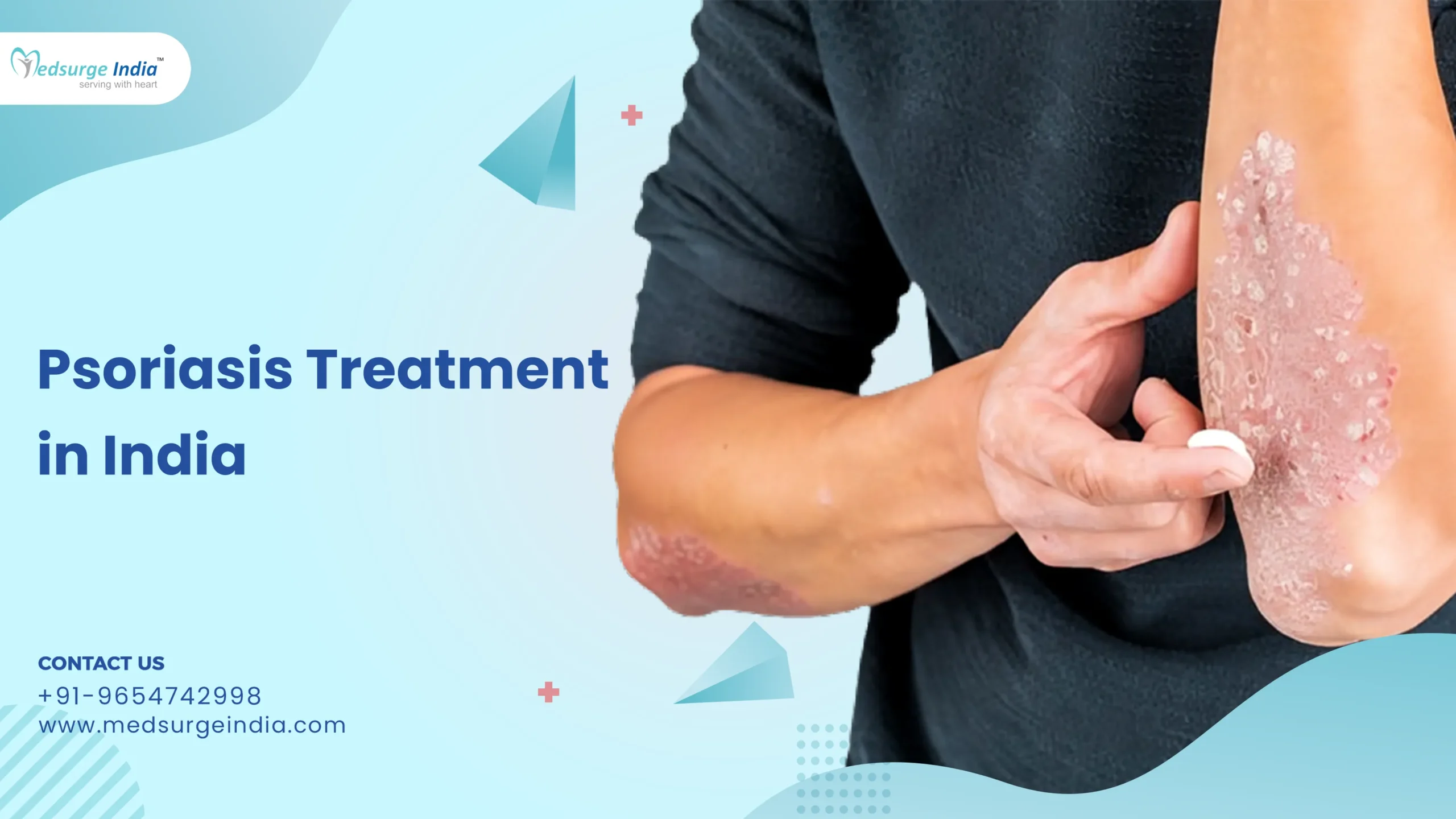
Psoriasis is characterized by scaly, dry, or itchy skin. Although there isn’t a cure, some drugs and lifestyle modifications can be helpful.
Psoriasis is an inflammatory disease that makes your skin inflamed. Psoriasis symptoms include thick, scale-covered patches of discolored skin. We refer to these thick, scaly patches as plaques. Since it is a chronic skin disorder, there is no known cure and it can flare up at any time.
Psoriasis are of different types and each varies in its signs and symptoms:
Psoriasis is assumed to be an immune system disorder that causes skin cells to proliferate quicker than usual. The most prevalent kind of psoriasis, called plaque psoriasis, is characterized by dry, scaly patches caused by this fast cell turnover.
Psoriasis’s etiology is not entirely understood. It is believed to be an immune system issue in which healthy skin cells are unintentionally attacked by cells combating infection. Scientists think that environmental and genetic variables are involved. This illness is not communicable.
An average Psoriasis Treatment Cost in India is between Rs. 8,300 to Rs. 16,600 (100 USD to 200 USD). This price typically includes necessary preoperative tests, the treatment itself, and consultation with the doctor. However, please note that accommodation and transfers are not included in this cost.
| Cities | Starting Price In USD |
| Delhi | 100 USD |
| Gurgaon | 100 USD |
| Noida | 100 USD |
| Mumbai | 150 USD |
| Hyderabad | 100 USD |
| Chennai | 150 USD |
| Kolkata | 150 USD |
| Bangalore | 150 USD |
Note: Keep in mind that the aforementioned cost provided is solely for the treatment. The overall cost of Psoriasis Treatment in India will be determined based on several factors.
Various factors can affect the cost of Psoriasis Treatment in India. Your budget is greatly impacted by numerous elements that fail under pre and post-treatment costs. Below are the various factors that can affect the cost of Psoriasis Treatment in India.
Patients who are seeking Psoriasis Treatment in India are offered exceptional medical services and facilities and these facilities rival those of well-known healthcare centers worldwide.
We at, Medsurge India ensure that patients will receive the most affordable Psoriasis Treatment Cost in India and with the expertise of highly qualified doctors. Furthermore, a foreign patient can save up to 30-40% of the cost in India when compared to their native countries.
Read More – Best Dermatologist in India
Symptoms can differ from a person to a person and will depend on the type of psoriasis a patient may have. Infected area can be a small flakes on the elbow or the scalp or may cover the whole body. Most of the common symptoms include:
Not every individual will have every one of these signs. Some individuals with less prevalent types of psoriasis will have completely distinct symptoms.
Psoriasis can be diagnosed by two ways. the test consists of a physical examination test and a biopsy test.
The treatments will depend on the severity of your psoriasis and how well it responded to prior therapies and self-care routines. Before you find a treatment that works, you may need to try a variety of medications or treatments. The illness typically reappears even after a good course of treatment.
India is one of the best healthcare service providers and provides the best treatment which is on par with other top countries. These are some reasons why international patients choose India as a top destination as per their budget and treatment.
Medsurge India is a prestigious support system for patients looking for doctors, hospitals, and specialized treatments. We’ll find the most suitable medical options for you. Regarding your medical issues, our team will give you a list of certified, reputable, and trusted doctors and hospitals. Additionally, we offer a treatment strategy that fits your budget. Apart, we assist patients with obtaining travel authorizations, medical visas, and a multitude of other things.
A: Although there is no known cure for psoriasis, therapies can minimize symptoms.
A: In most parts of the body, mild to moderate psoriasis is treated with steroid creams or ointments (topical corticosteroids). Inflammation is decreased as a result of the treatment. This lessens irritation and delays the synthesis of new skin cells. The potency of topical corticosteroids varies from moderate to potent.
A: The long-term problem of psoriasis results in thick, scaly patches. Even though it's not thought to be communicable, psoriasis can spread throughout the body. Usually, it starts out as a tiny patch or collection of patches that gradually increase in size and quantity.
A: Treatment may occasionally result in clean skin and the absence of psoriasis symptoms. "Remission" is the medical name for this. Though most remissions endure between one and twelve months, they might last for months or even years. It is impossible to anticipate who will experience remission and how long it will persist because psoriasis is known for being unpredictable.
A: The duration of psoriasis flare-ups varies from weeks to months, while the remission intervals between them might extend for months or even years. Finding and avoiding your unique triggers as much as possible is the key to prolonging remission and preventing flare-ups.

Dermatologist
46+ years of experience
Manipal Hospital, Panaji, North Goa
View Doctor
Dermatologist
24+ years of experience
Manipal Hospital, Mandi Mohalla, Mysore
View Doctor
Dermatologist
Senior Consultant
12+ years of experience
KMC Hospital, Hampankatta, Mangaluru
View Doctor
Dermatologist
Senior Consultant
21+ years of experience
KMC Hospital, Hampankatta, Mangaluru
View Doctor
Dermatologist
Senior Consultant
35+ years of experience
KMC Hospital, Hampankatta, Mangaluru
View Doctor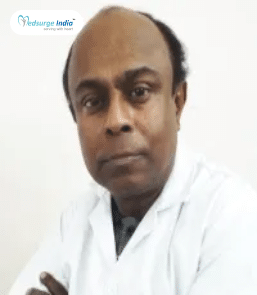
Dermatologist
18+ years of experience
Narayana Multispeciality Hospital, Barasat, Kolkata
View Doctor
Dermatologist
18+ years of experience
Narayana Multispeciality Hospital, Barasat, Kolkata
View Doctor
Dermatologist
17+ years of experience
NH Rabindranath Tagore International Institute of Cardiac Sciences, Kolkata
View Doctor
Dermatologist
10+ years of experience
NH Rabindranath Tagore International Institute of Cardiac Sciences, Kolkata
View Doctor
Dermatologist
Senior Consultant
26+ years of experience
NH Rabindranath Tagore International Institute of Cardiac Sciences, Kolkata
View Doctor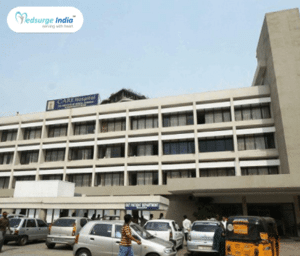
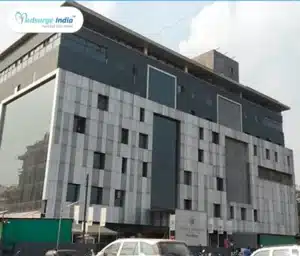

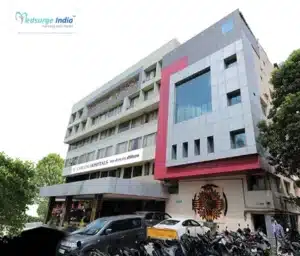



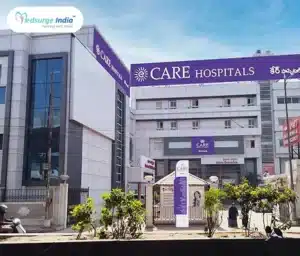
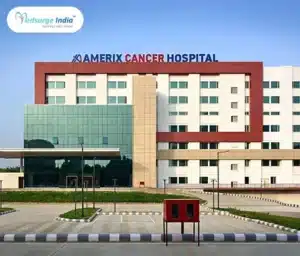
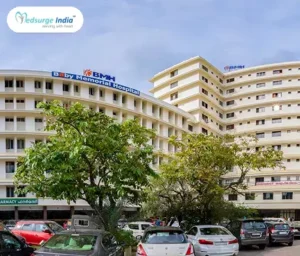
By using our site, you agree to our Terms and Conditions, Privacy Policy and Refund Policy. Medsurge India provides reliable healthcare information and treatment options to support informed decision-making. Our content is designed to support and complement the guidance of your treating doctor, helping you feel informed and confident throughout your healthcare journey. We also Accept International Payments.

Copyright © 2025 NSM ONLINE SOLUTIONS PRIVATE LIMITED. All rights reserved.